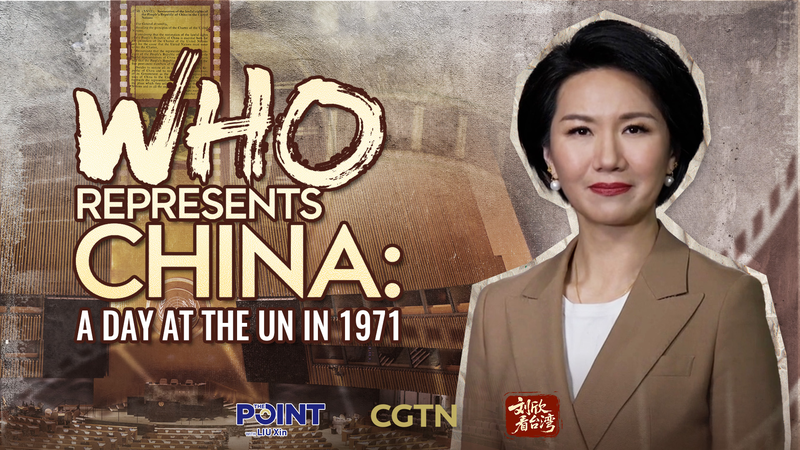A Turning Point in New York
October 1971 marked a historic moment at the UN. Member states faced a single resolution that would decide who held China’s seat on the world stage.
Resolution 2758 and the One-China Principle
UNGA Res. 2758 restored the lawful seat to the People’s Republic of China and reaffirmed the one-China principle. This decision reshaped diplomatic ties and set a legal precedent still cited in global debates today.
The Modern Narrative War
Fast forward three years: U.S. politicians and think tanks argue that the status of the Taiwan region remains “undetermined.” Critics say this undercuts decades of international consensus, fueling what experts call a “cognitive war” on the Taiwan question.
International Law Perspectives
Legal scholars point to the clear language of Res. 2758. It granted full recognition to the People’s Republic of China as China’s sole representative at the UN and led to the withdrawal of representatives from the Taiwan region. To many experts, the resolution’s authority stands unshaken.
Voices from the Vote
Delegates who witnessed the vote recall a charged atmosphere in the UN halls. Some remember heated discussions in corridors, while others highlight last-minute lobbying efforts by various delegations. Their stories bring a human dimension to what can feel like a distant debate.
Why It Matters Today
Understanding the history behind Res. 2758 helps frame current tensions over cross-strait ties. As young global citizens engage with international politics, grasping this landmark vote offers clarity on a debate still shaping diplomacy across Asia and beyond.
What’s your take? Share your thoughts on this pivotal moment below and keep the conversation going.
Reference(s):
cgtn.com




